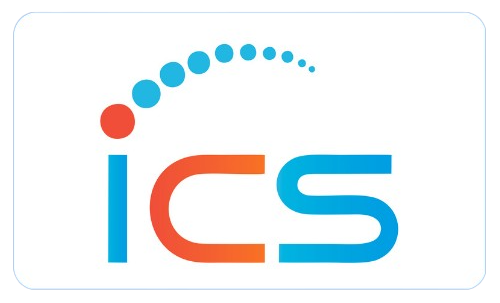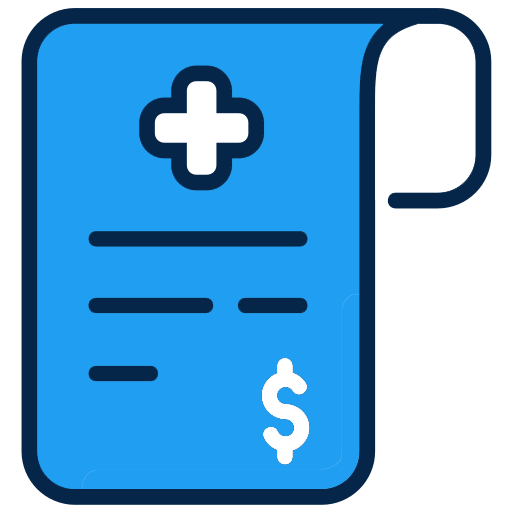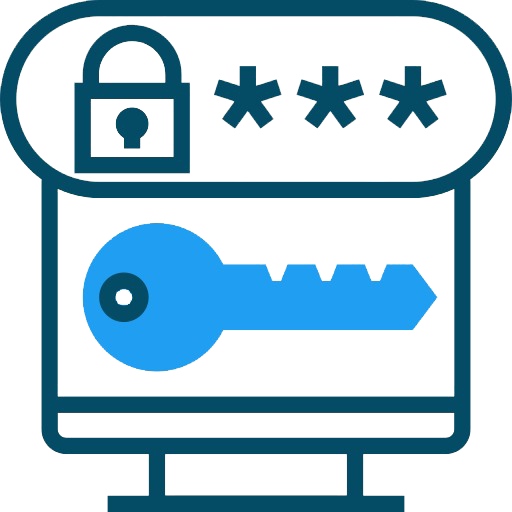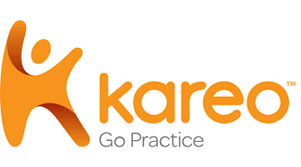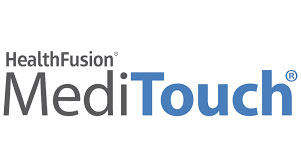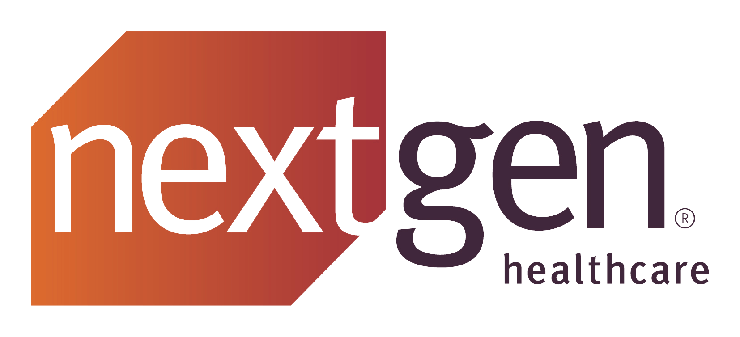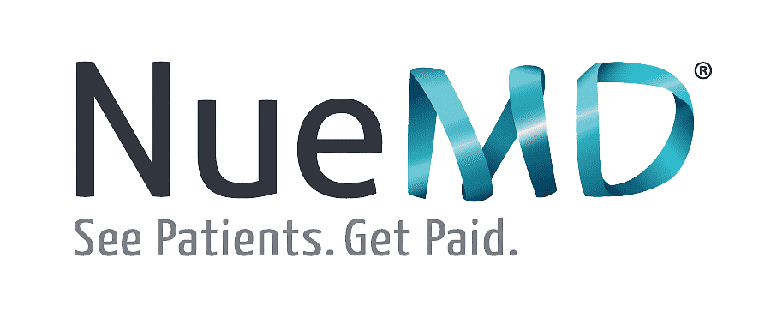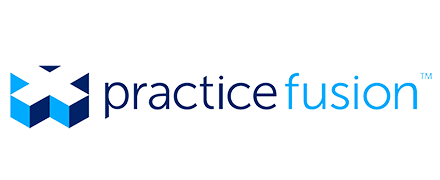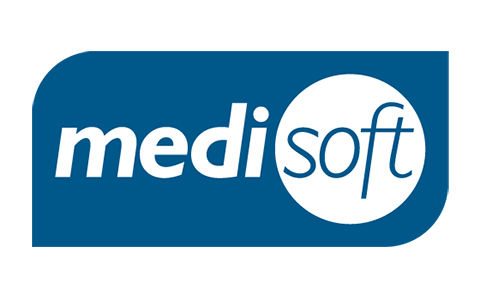Due to the growing number of payers, it has been noted that payment collection for emergency department and critical care providers is getting more difficult. As a result, it appears that the breadth of the competence of payment charges is decreasing. Particularly when elements like compensation, payer mix, and some others are important to enhance the business model, emergency medicine is very distinct from other healthcare specialties. The availability of emergency room (ER) facilities is a blessing for illnesses or injuries that require urgent treatment. The main goal of hospital emergency rooms (ER) is to treat patients, yet many of them are unaware of the difficulties in emergency room billing services.
Billings is regarded as one of the biggest problems facing doctors and healthcare institutions. It includes the submission of claims to payers for various medical procedures carried out by a physician. Claims denials due to even the smallest inaccuracy in medical bills and insurance claims are predicted to have an adverse effect on a healthcare practice’s cash flow and profitability which are professionally handled by the emergency room billing companies.
According to a research released by the National Hospital Ambulatory Medical Care Survey, there were around 139 million emergency department visits in the United States in 2017. Therefore, it is imperative that emergency room billing services be delegated to a skilled medical billing company in order to avoid the unneeded stress associated with the importance of urgent room hospital billing.
Issues faced during billing and how to overcome them:
The ED record consistently serves as a defence in complaints. Additionally, ED charts are monitored for utilisation, risk management, quality improvement, and research. The ED chart must be correct, exhaustive, accurate, and ordered in order to raise a question.
Since emergency departments are much busy than other care departments, they restrict timely recordkeeping, making proper and consistent charting difficult calling out to outsource emergency room billing. The following are specific differences between ED notes and notes from other healthcare professionals.
- Every ED interaction must be handled as a brand-new patient encounter. As a result, the physicians are required to document the patient’s past, current, and future medical information.
- In the emergency room, the attending physician only encounters a patient once, and the record is the only place where the visit experience is documented.
- The difficulty level, which varies from 1 to 5, is used to rank ED charts and indicates the urgency of the care given and the amount of resources dedicated to a patient.
- Basic documentation is required for every level in order to satisfy the billing requirement.
- Level 1 codes are used for low-acuity instances, whereas level four and level 5 designations are used for critical cases that require special therapies.
Both upcoding and down coding are regarded as problems with ED documentation. If payers determine that a claim cannot satisfy a high-level code, hospital stays with stage 4 or 5 evaluation and management codes should expect to see their claims refused or modified downward. There may be a discrepancy between the actual therapy provided and the care documented if the emergency department physician is unable to chronicle the difficult effort involved in sustaining the wellness of acute patients.
Internal EHR Dissimilarities and Inaccurate Documentation:
Loss of money and medical-legal risks result from missing charts. It is necessary to set up a reliable system for keeping track of unprocessed charts and sending alerts to both practise managers and providers which is handled efficiently by the emergency room billing partners.
The Variation in the Insurance Eligibility Verification:
When patients attend emergency departments, their insurance-related data is frequently inaccurate, out of date, and invalid. In order to gather accurate insurance information, efficient and appropriate policy verification services are needed. The best emergency room billing companies should be informed of the updated and altered information.
Patients who discontinue Care:
You must keep in touch with your patients about treatment delays and do routine reassessments in order to address this problem. Moreover, starting treatment as soon as a patient exhibits symptoms of a certain illness. Additionally, shift-wise LWT rate monitoring will assist you in resolving problems of this nature. Proper medical charting is still a crucial necessity to ensure compliance as reporting of continual improvement and crucial measures gains prominence. Additionally, in order to address these issues, emergency physicians must stay current on changes to the billing regulations as well as the coding and documentation standards. Medical billing services for emergency rooms are available to assist doctors in increasing reimbursement and ensuring legal compliance as they emphasis on giving their patients the best care possible. In such cases it is important to look for professionals who will help you out with the billing. InfoHub, a leading offshore medical billing company can help in accuracy and consistency in your paperwork for Emergency Room medical billing. Info Hub Consultancy Services (ICS) has been executing medical billing services for Emergency Room since last few years & have established themselves as an trusted offshore medical billing partner in the US healthcare RCM industry.
